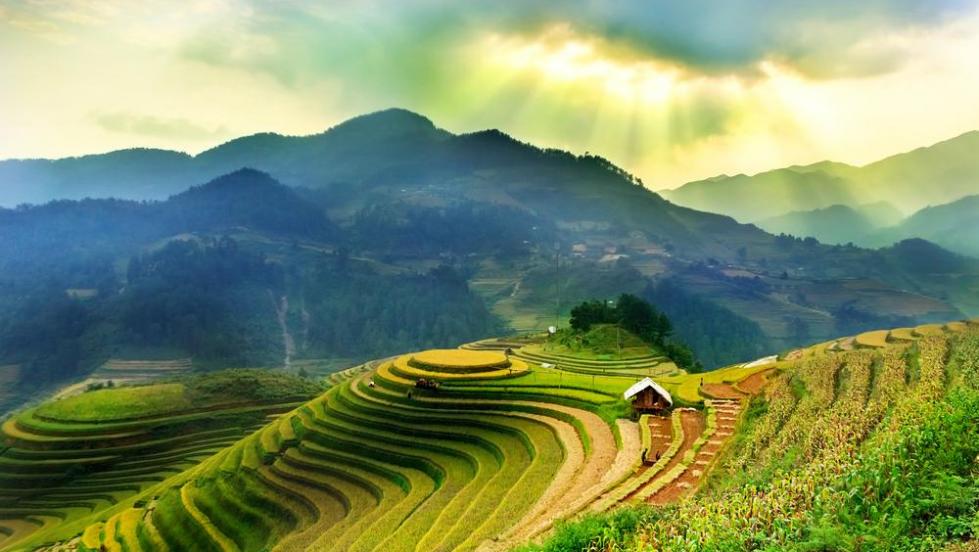About Vietnam
Vietnam is a Southeast Asian country on the South China Sea known for its beaches, rivers, Buddhist pagodas and bustling cities. Hanoi, the capital, pays homage to the nation’s iconic Communist-era leader, Ho Chi Minh, via a huge marble mausoleum. Ho Chi Minh City (formerly Saigon) has French colonial landmarks, plus Vietnamese War history museums and the Củ Chi tunnels, used by Viet Cong soldiers. Because of differences in latitude and the marked variety in topographical relief, the climate tends to vary considerably from place to place. Vietnam has two World Natural Heritage Sites – Hạ Long Bay and Phong Nha-Kẻ Bàng National Park – and six biosphere reserves, including Cần Giờ Mangrove Forest, Cát Tiên, Cát Bà, Kiên Giang, the Red River Delta, and Western Nghệ An. Vietnam has become a major tourist destination since the 1990s, assisted by significant state and private investment, particularly in coastal regions. Popular tourist destinations include the former imperial capital of Hué, the World Heritage Sites of Phong Nha-Kẻ Bàng National Park, Hội An and Mỹ Sơn, coastal regions such as Nha Trang, the caves of Hạ Long Bay and the Marble Mountains. Numerous tourist projects are under construction, such as the Bình Dương tourist complex, which possesses the largest artificial sea in Southeast Asia.
